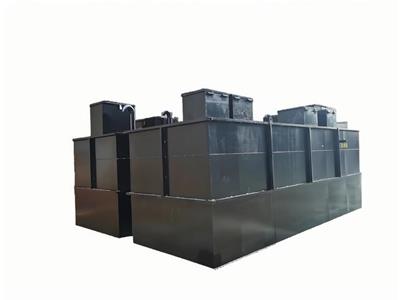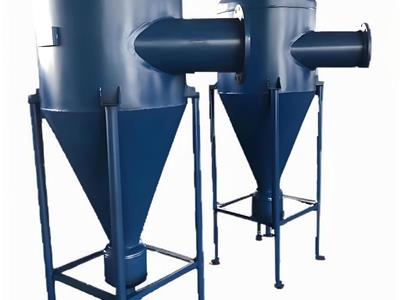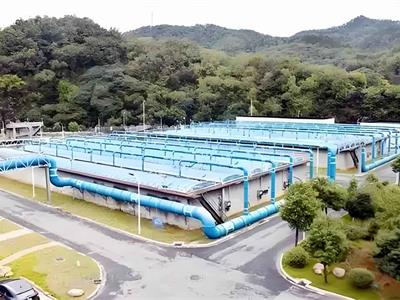- 2025-07-07
Attenuation
The phenomenon where material concentration or energy intensity decreases over time
In environmental engineering and water treatment, attenuation refers to the natural process by which pollutant concentrations or energy forms are reduced through the following pathways:
Physical effects: dilution and dispersion, adsorption and sedimentation
Chemical effects: Oxidative decomposition, photodegradation reactions
Biological effects: Microbial metabolic transformation
Energy attenuation specifically refers to:
When thermal energy, radiant energy, light energy, and other forms of energy propagate through a medium, the decrease in intensity due to the medium's absorption or scattering. The degree of attenuation depends on:
Initial intensity of the energy source
Medium's blocking characteristics for specific energy
Energy transmission distance
Key points for engineering applications:
The disinfectant decay rate determines the ability of the pipeline network to maintain residual chlorine
The decay period of radioactive substances affects the design of treatment processes
Heating pipeline networks require calculating thermal energy decay to ensure transmission efficiency






